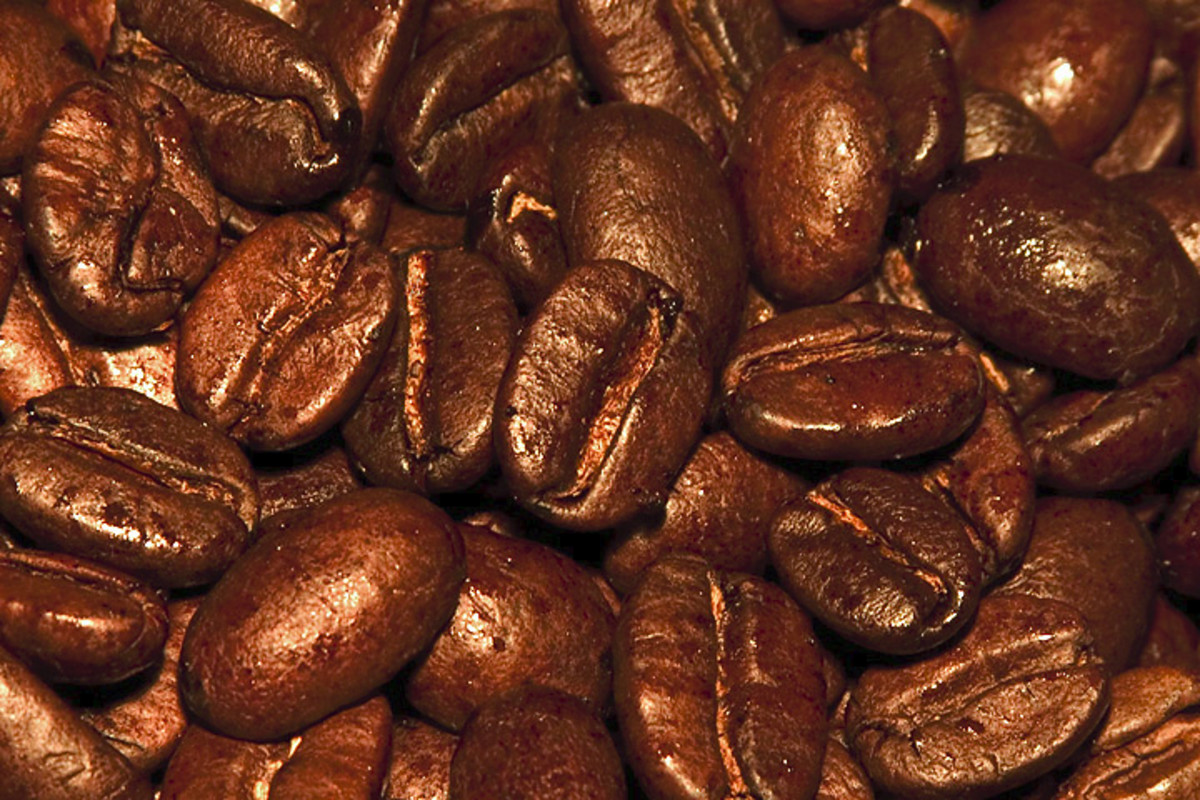Decaffeinated Coffee Beans

A Final Word
I hope you found this article informative and content rich. Please feel free to leave your comments and share your own observations. Send me an email if you have a request on a topic of interest or just to say Hello! It’s FREE to join my Fan club, Subscribe by Email, my RSS Feed, or simply join me here on Hub pages with a click of your mouse.
Article(C)2009 - 2010 cluense, all rights reserved. Cluense creates articles and posts online. She creates articles on, accounting, entrepreneur, political issues, small business, society, relationships, taxes, work from home businesses, and Tutorials. She also has a strong passion for writing.
Decaffeinated coffee beans are coffee beans that have gone through a process by which caffeine is removed from the beans itself. Coffee beans end up containing 1/40th of the amount of caffeine after the process. There are different methods on how coffee beans are decaffeinated.
When decaffeinating coffee beans the direct method is the most frequently used approach. This process steams the coffee beans for about thirty minutes to expand the pores of the beans and eliminate the waxy coating. The coffee beans will be rinsed with a solvent (methylene chloride or ethyl acetate) for about ten hours. A molecular bond with the caffeine is created by these two solvents and then the beans are steamed once again to wash off the solvent. However, the non-caffeine coffee ingredients are removed form the solvent put back into the coffee.
The indirect method has a little semblance with the direct method. What makes it different is that the water is applied and the caffeine is taken out from the water than from the beans. This method is often referred to as the "water process", it can be misleading to others because they are still using chemical solvents to remove the caffeine.
To release the caffeine from unroasted beans, the Swiss Water Process is done. When the caffeine and coffee solids are removed the beans are disposed of. Filtering is the next step to fully remove the caffeine. Coffee beans are continuously added to repeat the process until all the beans are caffeine free.
Decaffeinated coffee beans however prove that it causes some health risks to decaf coffee lovers. Due to the unnatural process of separating caffeine from the coffee beans, according to research, it can cause a lot of health problems. There have been connections to the risk of heart disease and decaffeinated coffee beans due to increased "bad LDL" cholesterol levels. The process of removing caffeine from the beans can also cause acid reflux, heartburn or stomach ulcers because of the increase acidity level.
There are other organs of the body like the bones that may also be at risk when consuming decaffeinated coffee beans. It may be a factor to the early appearance of osteoporosis. The eyes are also affected because of the high acidity in decaf coffee increases intraocular pressure leading to glaucoma. There has been a connection to cancer of the lungs, stomach, or small intestines between the chemical solvents used in the decaffeinating process.
Decaffeinated coffee beans may provide a good taste but must be taken in moderation because too much of a good thing may have negative effects.









